Search for the missing in wartime: what the state should do already today to protect these people
On August 30, the International Day of the Disappeared is marked globally. According to official data, as of May 2023, 23,000 people were registered in Ukraine as gone missing under special circumstances. Those are service members, civilians and children. This number is growing every day. Human rights defenders point out that Ukraine still has an imperfect system of protecting the rights of the missing and their families.
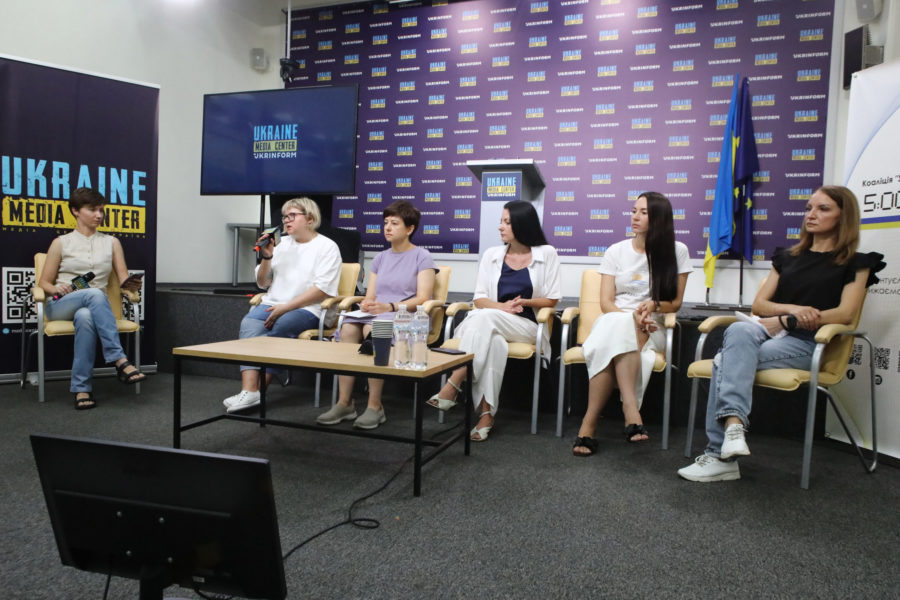
The problems faced by NGOs, government agencies, and relatives of the missing were discussed at the press conference “How do the families of those missing during the war in Ukraine live” organized by Ukraine 5AM Coalition at the Media Center Ukraine–Ukrinform.
The Law “On the Legal Status of Missing Persons” adopted in Ukraine more than five years ago concerns those who have gone missing in the context of war operations in the occupied territories. But, according to human rights defenders, there is still a lot of work for the authorities to do in this direction.
For example, the position of the commissioner for the search of missing persons under the Ministry of Reintegration of the Occupied Territories, which was created last year, is under threat of liquidation. And the government bodies that are to take over this function do not have a united, coordinated work strategy.
Alena Lunova, advocacy director at Human Rights Centre ZMINA and representative of the Secretariat of Ukraine 5AM Coalition, notes:
“We are concerned by the fact that a special position, responsible for the coordination of actions between the families of the missing, law enforcement agencies and other organizations involved in search operations, will be eliminated, according to available information. Any dispersal of powers of the commissioner among the relevant units of the National Police, the Ministry of Defense, the Security Service of Ukraine, territorial recruitment (TRC) and social support centers must be balanced, justified and provide an understanding of how the families of the missing should act and how they can communicate with the state. After all, there is a significant risk that if there is no responsible person, it will be difficult to distribute responsibilities between the bodies that will take on real daily work, in particular communication and coordination efforts.”
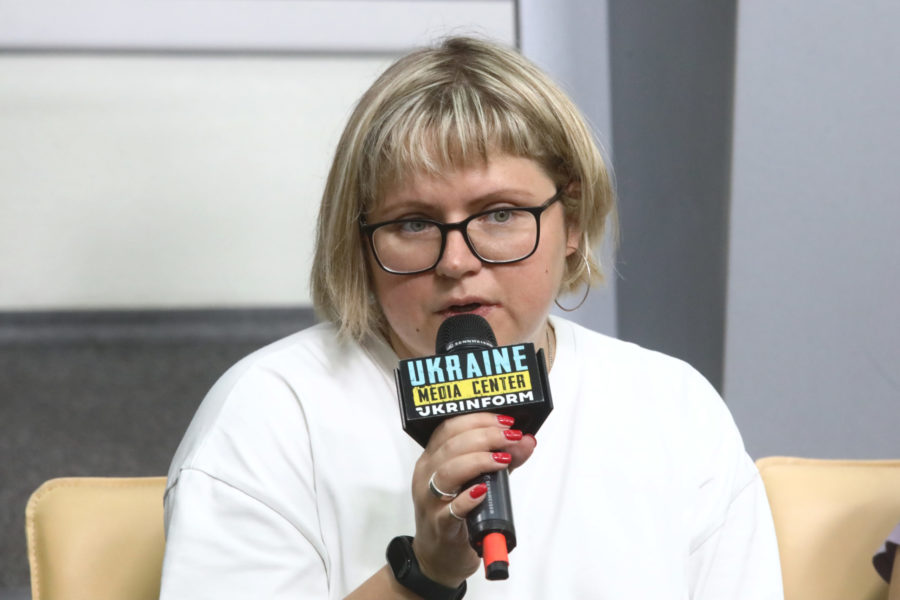 Alena Lunova
Alena LunovaIn May 2023, the Unified Register of Persons Gone Missing Under Special Circumstances began to operate. An extract from this register is the basis for applying to government agencies to obtain status and start search operations for missing service members, to issue appropriate benefits and payments to their families. This should make it easier to obtain appropriate state guarantees, but this does not always happen in practice.
Olena Bieliachkova, the coordinator of groups of families of captives at the Media Initiative for Human Rights, says that their organization records many cases of illegal demands from regional TRCs:
“The institution of the commissioner should deal with these issues. The families of those missing should not be left alone with these problems. Currently, the Coordination Headquarters, which previously dealt only with missing service members, has joined the search for civilians. The search committee of the Red Cross is also involved. But a responsible person is needed who will create clear algorithms, coordinate actions and communicate them to all participants in the process. The way for people, whose loved ones have gone missing, to get the necessary help from the state should not be made even more difficult.”
A separate issue is the search for missing and deported Ukrainian children. The National Police is the body responsible for this direction. If one suspects that a child was deported, the Ukrainian Parliament Commissioner for Human Rights may be addressed as well. But since the beginning of the full-scale invasion, the country has faced challenges that never existed before, so the listed mechanisms may not be enough.
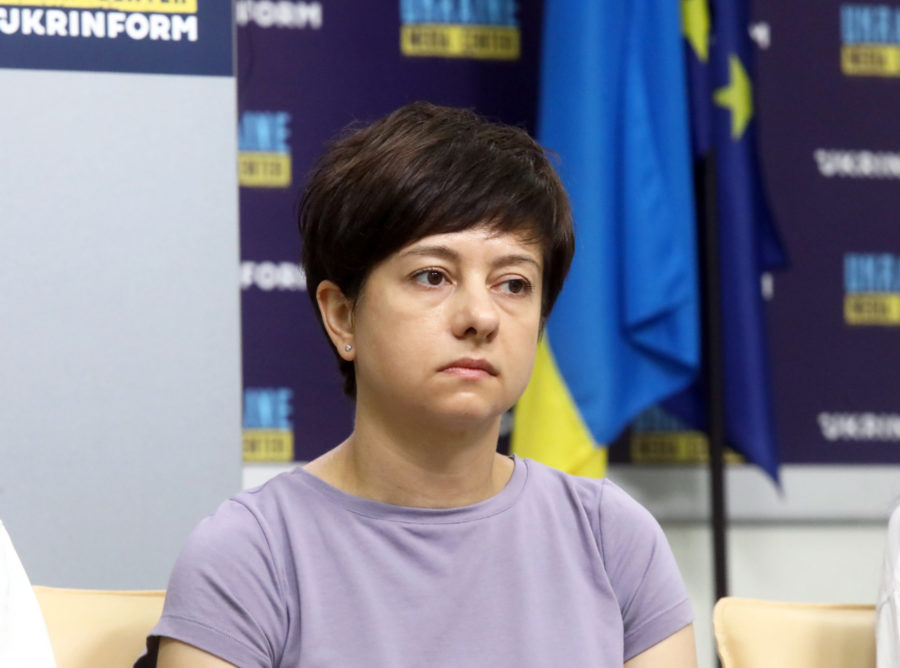 Olena Bieliachkova
Olena Bieliachkova“If earlier the bulk of requests to the Missing Children Search Service concerned teenagers who ran away from home, with the beginning of the armed conflict, there are many cases when children simply disappear in an unknown direction. At the same time, one or both parents may be killed often, and a search application is submitted by a relative or even by people not related to a child. They do not always have the necessary information: an up-to-date photo of a child, documents, circumstances and time of disappearance.
We also face the problem of the disappearance of Ukrainian children abroad. Even in European countries. This happened especially often during the chaotic evacuation at the beginning of the invasion. Under such circumstances, even the National Police does not have the authority to search for children outside the country. Our organization is ready to support the relatives of missing children and the state and assist in the search abroad and the involvement of relevant services there,” says Maryna Lypovetska, head of the Missing Children Search Service of the All-Ukrainian NGO “Magnolia”.
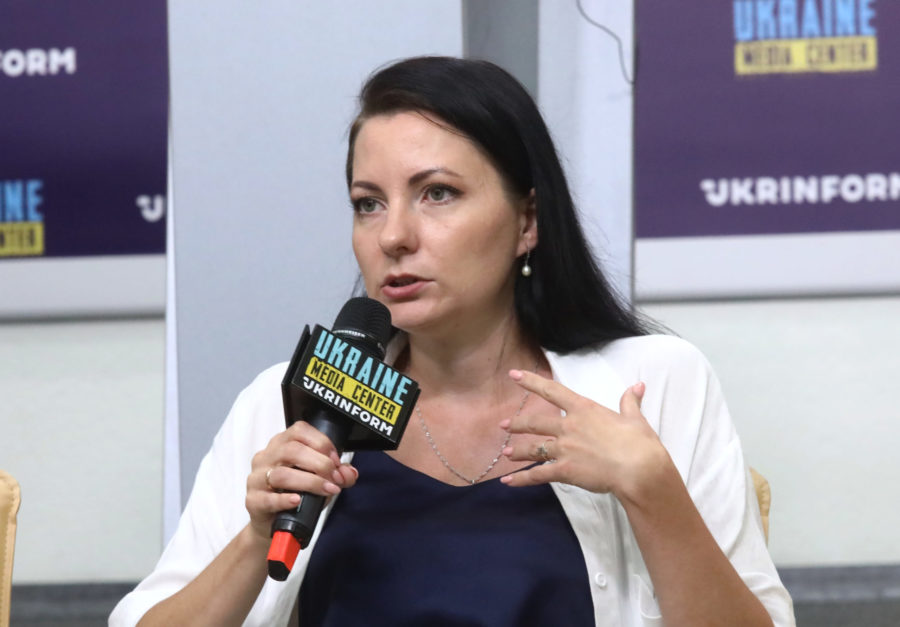 Maryna Lypovetska
Maryna LypovetskaNGO “United by Sea”, which is engaged in the search for military sailors who disappeared in the Black Sea, has great difficulties with the search and recovery of bodies. Since most of the water area is currently under the control of the aggressor, the state cannot ensure search operations at the enemy’s gunpoint and is forced to involve a third party – the governments of intermediary states or international organizations that have the appropriate levers of influence.
“Since now the focus of the international community’s attention is slightly diverted from the events in Ukraine, we must constantly keep them in this information field. In this context, we are very concerned about the liquidation of the commissioner’s office, whose work was established, and the redistribution of its functions among three different organizations. There are reasonable fears that the efficiency of the process and the quality of communication will decline. A clear algorithm of interaction and areas of responsibility is needed to avoid chaos,” says Olesia Aulina, head of NGO “United by Sea”.
The organization “POLIGON 56” is outraged that the efficient position is eliminated, while the bodies to which this function was assigned already cannot cope with the tasks. The bodies of the Ministry of Internal Affairs issue certificates indicating “no information” in the status column to every second applicant. That is, the database is still not fully functional. The Ministry of Defense has a hotline, the activities of which are not widely announced. In addition, people do not receive proper feedback when they apply. The function of returning bodies was transferred to the Coordination Headquarters and created an additional burden on its staff who deal with returning captives and deportees.
“How the decision to eliminate the commissioner’s office during the war was justified? After this decision was made public, we have already received thousands of appeals from citizens with the question ‘What should we do? Who should I address?’ Now a lot of people disappear in Luhansk direction, and their relatives do not understand what they should do,” says Olena Dobycha, head of the organization “POLIGON 56”.
The discussion participants identified several key points that require immediate settlement and clarification.
In particular, it is necessary to settle the issue of elimination of the position of commissioner for persons gone missing under special circumstances, whose authority is enshrined in the relevant law. Therefore, in order to eliminate the institution, it is necessary to first amend it. So far, no official document on this matter has been published and no full-fledged mechanism for the distribution of functions to avoid chaos and irresponsibility has been created.
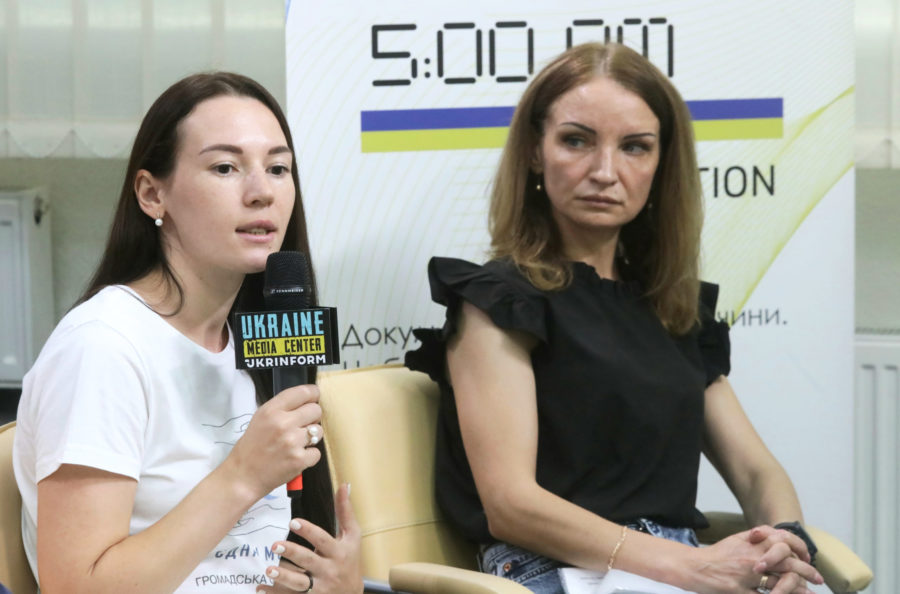 Olesya Aulina and Olena Dobych
Olesya Aulina and Olena DobychIn addition, investigative bodies in Donetsk and Luhansk regions are currently overburdened, and it is not clear how they are supposed to conduct additional searches for missing persons. Now a DNA examination is being waited for seven to eight months. The mechanism of action must be regulated to achieve the best result. After all, the number of missing soldiers and civilians increases daily.
It is also necessary to attract and train additional National Police personnel. Now one investigator has 400-500 criminal proceedings at the same time. It is physically impossible to process such volumes. As a result, a lot of time for efficient search activities is lost.
Watch the full recording of the press conference at the link.
Photo credit: Media Center
If you have found a spelling error, please, notify us by selecting that text and pressing Ctrl+Enter.















